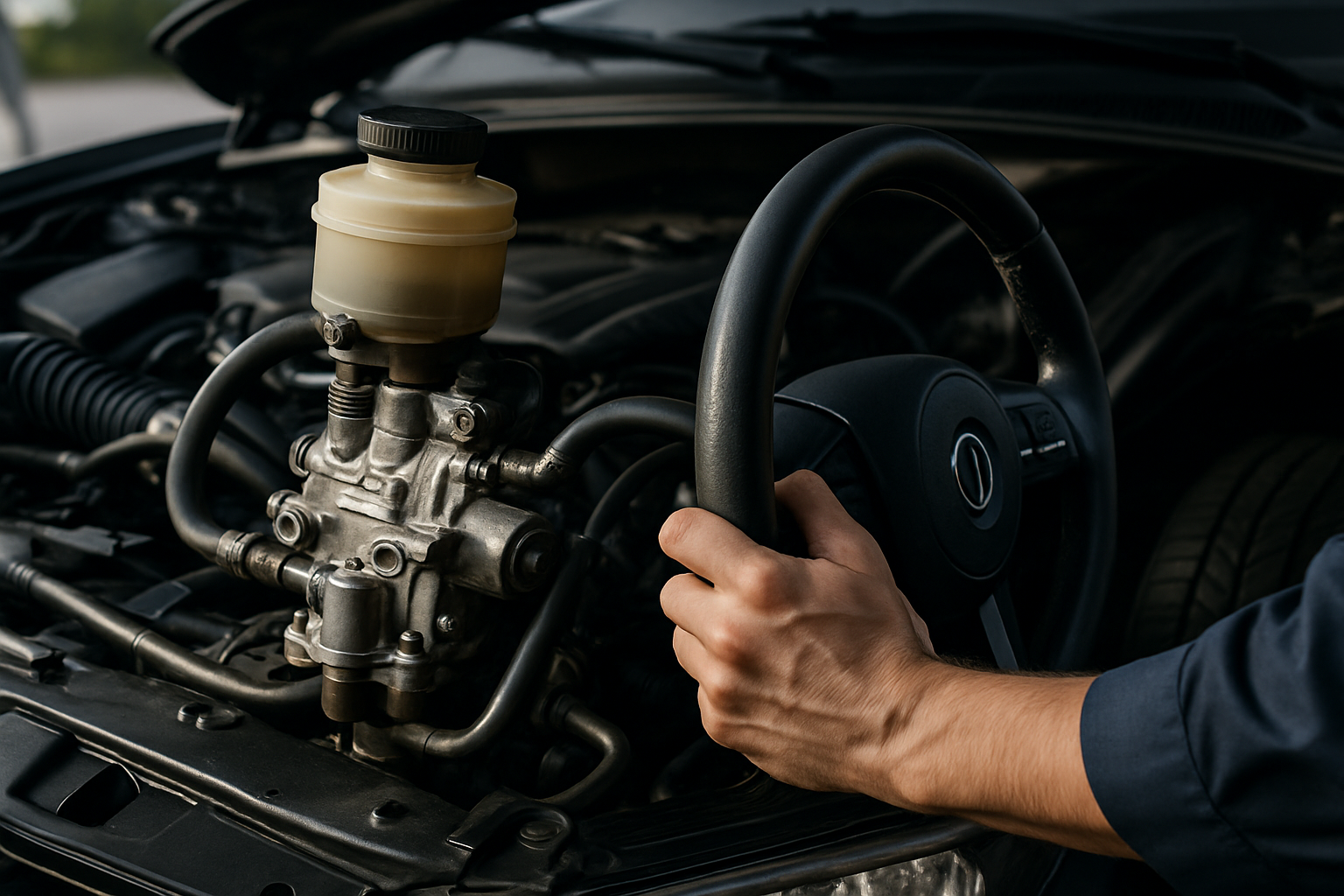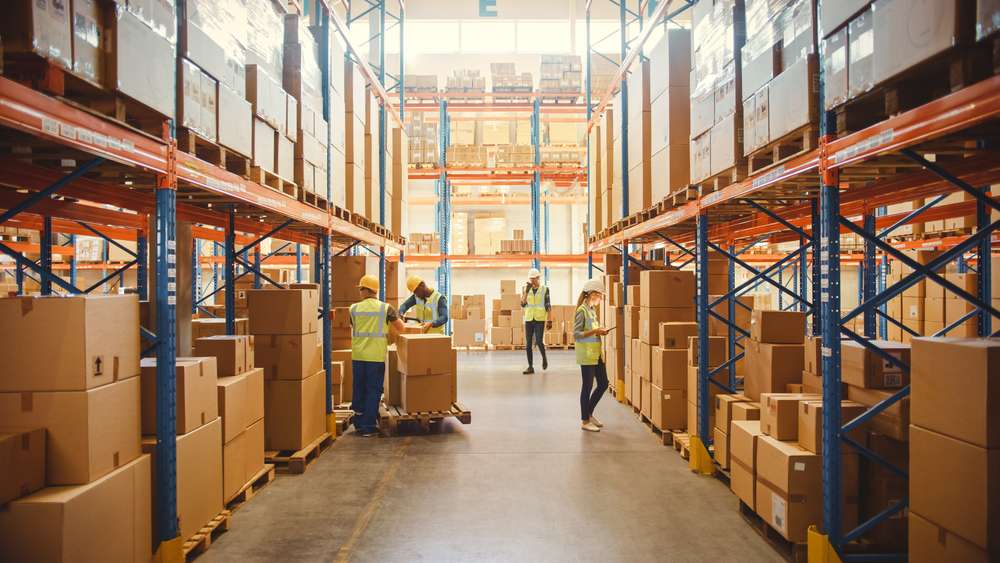The evolving role of delivery drivers in medication transport
Did you know that the rise of digital healthcare has changed how medications are delivered? This article explores the crucial role of delivery drivers in ensuring access to essential medicines, while examining the challenges and innovations in this growing field.

What are medicine delivery services and how do they work?
Medicine delivery services have emerged as a vital component of modern healthcare, bridging the gap between pharmacies and patients. These services allow individuals to receive their prescribed medications directly at their doorstep, eliminating the need for in-person pharmacy visits. The process typically begins when a patient submits their prescription to a participating pharmacy or through a dedicated medication delivery platform. Once the order is processed and verified, a delivery driver is assigned to transport the medication from the pharmacy to the patient’s location.
How do delivery drivers contribute to medication access?
Delivery drivers play a crucial role in ensuring that patients have timely access to their medications. They act as the final link in the healthcare supply chain, bringing essential medicines directly to those who need them most. This service is particularly valuable for individuals with limited mobility, chronic conditions, or those living in remote areas where accessing a pharmacy might be challenging. By providing a reliable and efficient delivery system, these drivers help improve medication adherence and overall patient health outcomes.
What challenges do medicine delivery services face?
Despite their growing popularity, medicine delivery services face several challenges. One of the primary concerns is maintaining the integrity and safety of medications during transport. Drivers must ensure that temperature-sensitive drugs are kept at the correct temperature throughout the journey. Additionally, they need to handle controlled substances with extra care, following strict regulatory guidelines. Other challenges include navigating traffic and weather conditions, managing time-sensitive deliveries, and addressing customer concerns or queries on the spot.
How has technology impacted medication delivery?
Technology has revolutionized the medication delivery landscape, enhancing efficiency and reliability. GPS tracking systems allow customers to monitor their deliveries in real-time, while route optimization software helps drivers plan the most efficient delivery paths. Mobile apps enable seamless communication between drivers, pharmacies, and patients, ensuring smooth coordination throughout the delivery process. Moreover, electronic logging devices help maintain accurate records of deliveries, particularly important for controlled substances.
What unique considerations exist for medication delivery in the UK?
In the United Kingdom, medication delivery services must adhere to specific regulations set by the National Health Service (NHS) and the Medicines and Healthcare products Regulatory Agency (MHRA). Drivers operating in the UK need to be familiar with the country’s healthcare system and understand the importance of patient confidentiality. They may also encounter unique challenges such as navigating narrow streets in historic town centers or adapting to varying regional healthcare policies across England, Scotland, Wales, and Northern Ireland.
What does the future hold for medication delivery services?
The future of medication delivery services looks promising, with several exciting trends on the horizon. Autonomous vehicles and drones are being explored as potential delivery methods, which could revolutionize how medications reach patients in remote or hard-to-access areas. Artificial intelligence and machine learning algorithms may be employed to predict demand and optimize delivery routes further. Additionally, there’s a growing focus on integrating medication delivery services with telehealth platforms, creating a more comprehensive and seamless healthcare experience for patients.
| Provider | Services Offered | Key Features/Benefits |
|---|---|---|
| Pharmacy2U | NHS and private prescription delivery | UK’s largest online pharmacy, free delivery |
| Echo by LloydsPharmacy | NHS prescription delivery | App-based service, medication reminders |
| Well Pharmacy | NHS and private prescription delivery | Local pharmacy network, same-day delivery in some areas |
| Boots | Prescription delivery service | Extensive pharmacy network, loyalty program |
| Co-op Health | NHS prescription delivery | Part of Co-op’s wider health services, community-focused |
Prices, rates, or cost estimates mentioned in this article are based on the latest available information but may change over time. Independent research is advised before making financial decisions.
As medication delivery services continue to evolve, the role of delivery drivers remains central to their success. These essential workers not only transport vital medications but also serve as a crucial link between healthcare providers and patients. With ongoing technological advancements and a growing emphasis on accessible healthcare, the future of medication delivery promises to be both innovative and patient-centric, further solidifying the importance of skilled and dedicated delivery drivers in the healthcare ecosystem.
This article is for informational purposes only and should not be considered medical advice. Please consult a qualified healthcare professional for personalized guidance and treatment.




